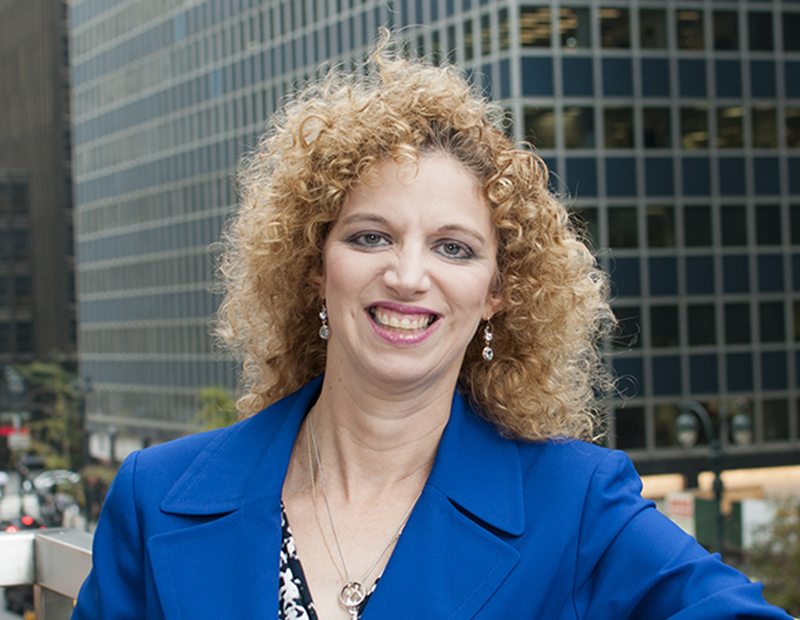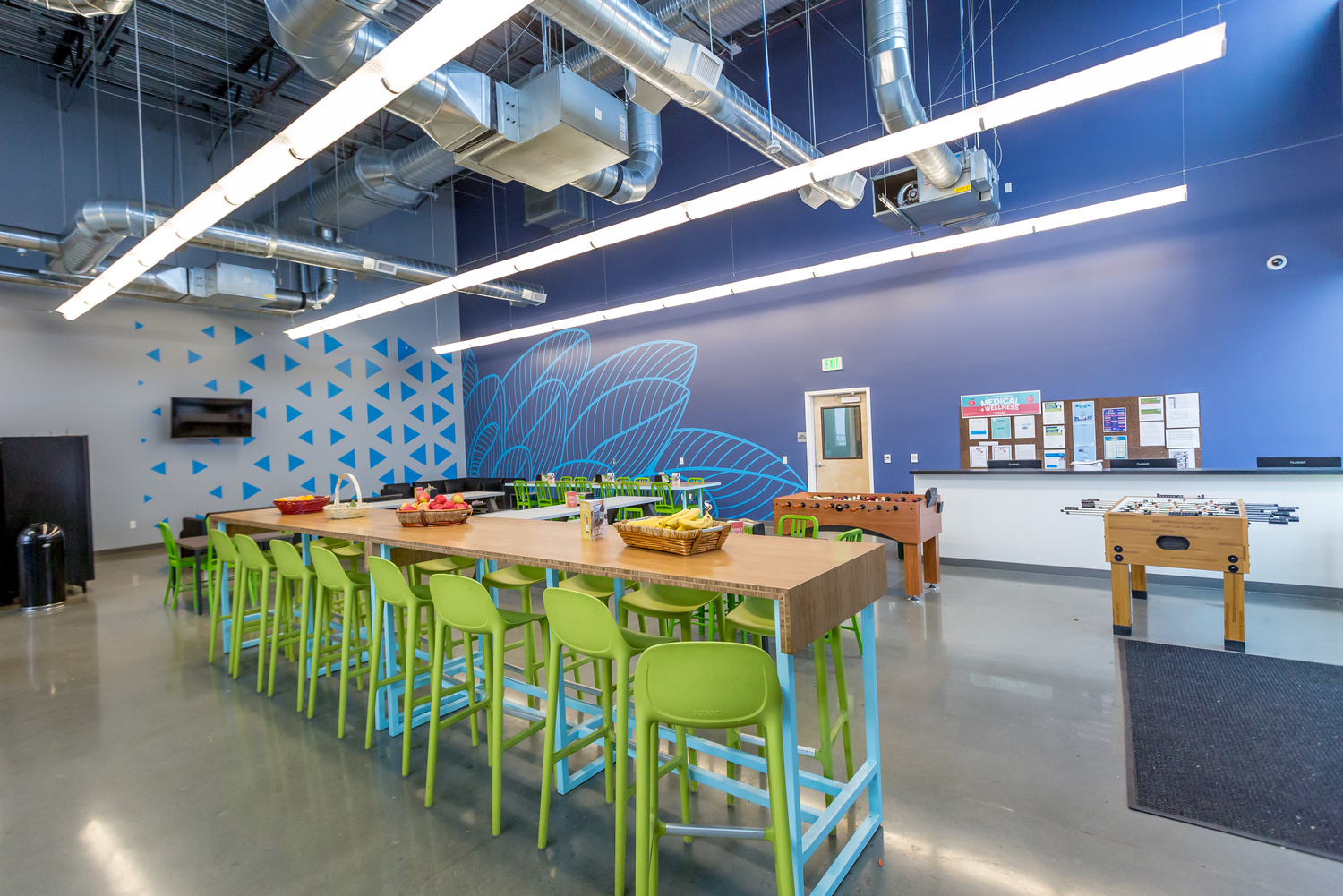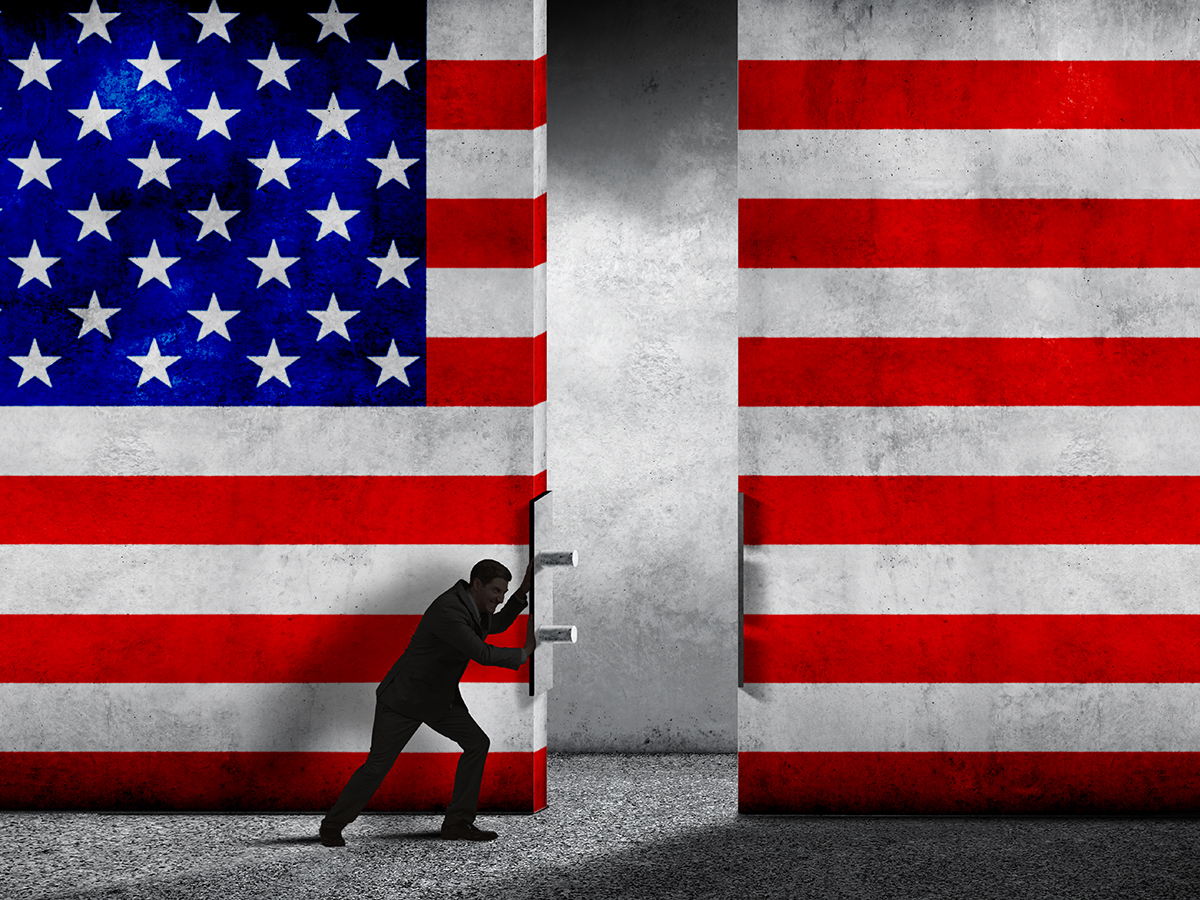Why Net Lease Child Care Assets Are Retaining Their Value
Milo Spector, Chris Lomuto and Matt Lipson of Stan Johnson Co. on the potential of this essential retail segment.

Milo Spector
During the many years that we have worked in the net lease investment sales space, we’ve never experienced market dynamics like we’re seeing today.
There have been widespread closures across nonessential retail categories, as well as mandated safety precautions that alter ways in which essential companies do business. But the child care/early education sector is demonstrating why it is a vital part of the U.S. economy and a resilient option for net lease investors.
Real estate investors have been paying close attention to how tenants react in today’s environment, especially in the net lease space, where long-term leases, strong tenants and essential services are particularly desirable characteristics.
Included in this is the child care/early education industry, which has reacted very quickly to adapt to the ever-changing environment, and we continued to see activity across this sector during the year’s first three quarters:
- The number of child care/early education transactions are down, but only by about 18 percent compared to Q1-Q3 2019
- Sales volume is down approximately 23 percent compared to Q1-Q3 2019
- Cap rates have decreased by 15 basis points compared to average rates seen in Q1-Q3 2019

Chris Lomuto
Since cap rates indicate value—and whether a property is retaining its value or gaining or losing value, the compression of cap rates this year compared to the same three quarters in 2019 is a critical metric. Based on average rates, the sector has not only retained its value, but has even increased slightly in 2020.
Investors looking for higher yields and strong, internet-resistant tenants that will come out of this pandemic thriving need to look no further than the child care/early education sector. These facilities provide a critical and essential service to parents, making the industry very much the backbone of the U.S. economy. Without access to child care services, parents cannot effectively work. Without the ability to work, personal financial situations are jeopardized, and that has a domino effect on the larger economy.
To address concerns presented by COVID-19, the sector has been quick to adopt new practices to ensure the safety of teachers, caregivers, students and their families. Additionally, as we learn more about how the illness spreads, new findings will inform future policy and practices.

Matt Lipson
As an example, researchers at Yale University recently surveyed 57,000 child care providers across all 50 states, and they determined that child care programs remaining open during the pandemic did not contribute to the spread of COVID-19 among providers, and reopening these centers did not correlate to a higher risk of spreading COVID-19 from children to adults, assuming the providers took necessary and appropriate safety precautions.
This study delivers reassuring news to parents, providers and ultimately investors and should lead to increased confidence across the industry while reinforcing the need to follow safety protocols.
Adopting new safety practices helps ensure these child care/early education facilities remain open, and this is encouraging to investors. We personally feel very confident in the space and expect to see demand increase for child care/early education assets in the coming months and years.
Milo Spector, Chris Lomuto and Matt Lipson are associate directors at Stan Johnson Co.







You must be logged in to post a comment.